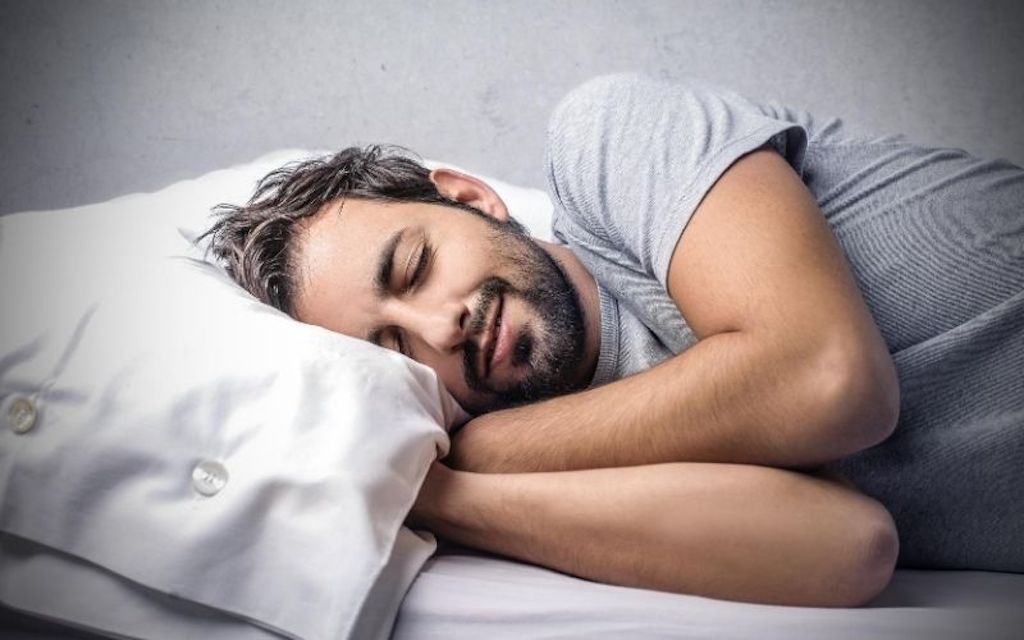
Lower back pain affects a person’s daily life and interferes with sleep quality. One aspect considered when we suffer from back pain is the sleeping position.
As reported by Medical News Today, a poor sleeping position can cause pain that exists, and it can even cause back pain itself. Certain situations can stress the neck, hips, and back. Maintaining the spine’s natural curve when problems occur in bed is vital. Everyone sleeps differently, so there are various options for people looking to sleep better and reduce back pain. What are the best sleeping positions for low back pain?
1. Supine

Supine In general, lying on your back is considered the best sleeping position for a healthy back. This position can distribute the weight evenly over the body’s largest surface.
This position minimizes pressure points and ensures proper head, neck, and spine alignment.
Placing a small pillow under your knees can provide additional support and help maintain the natural curve of your spine. For extra support, fill the gap between your body and mattress with extra pillows, such as under the lower back.
2. Side sleeping
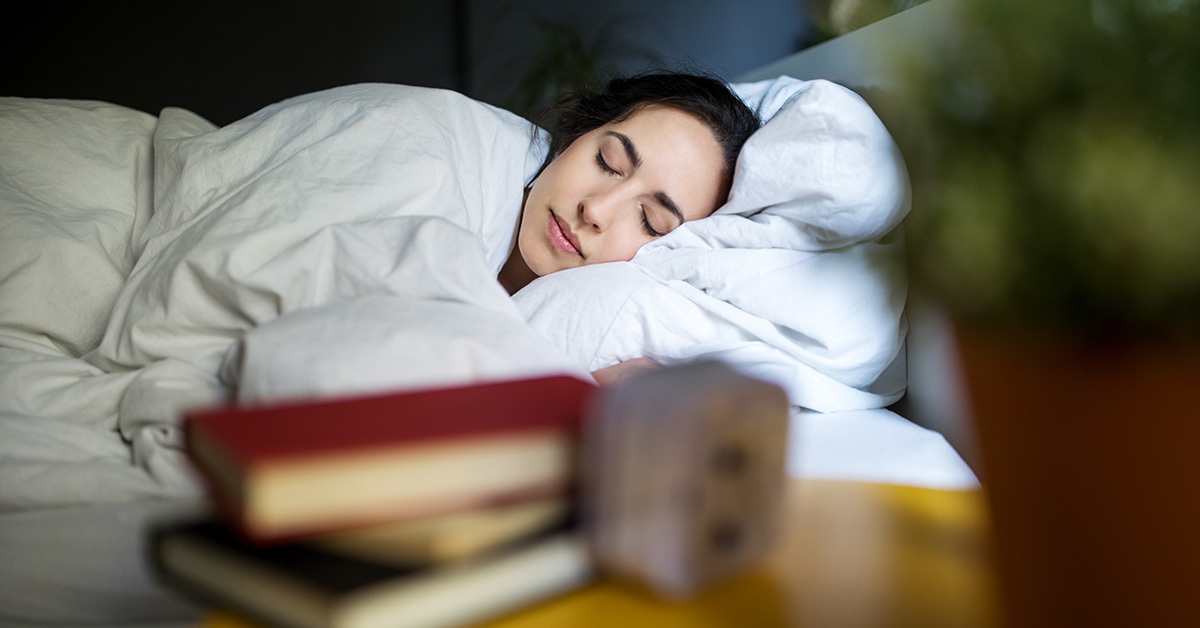
While lying on your side is a popular and comfortable sleeping position, it can pull the spine out of work and strain the lower back.
Fixing it is pretty straightforward. Anyone who sleeps on your side can easily place a firm pillow between their knees.
This position will elevate the upper leg, restoring the natural alignment of the hips, pelvis, and spine.
For extra support, fill the gap between the body and the mattress with more pillows, especially on the waist. To keep the back in line, we can also hug a large pillow or bolster on the chest and stomach.
3. Fetal position
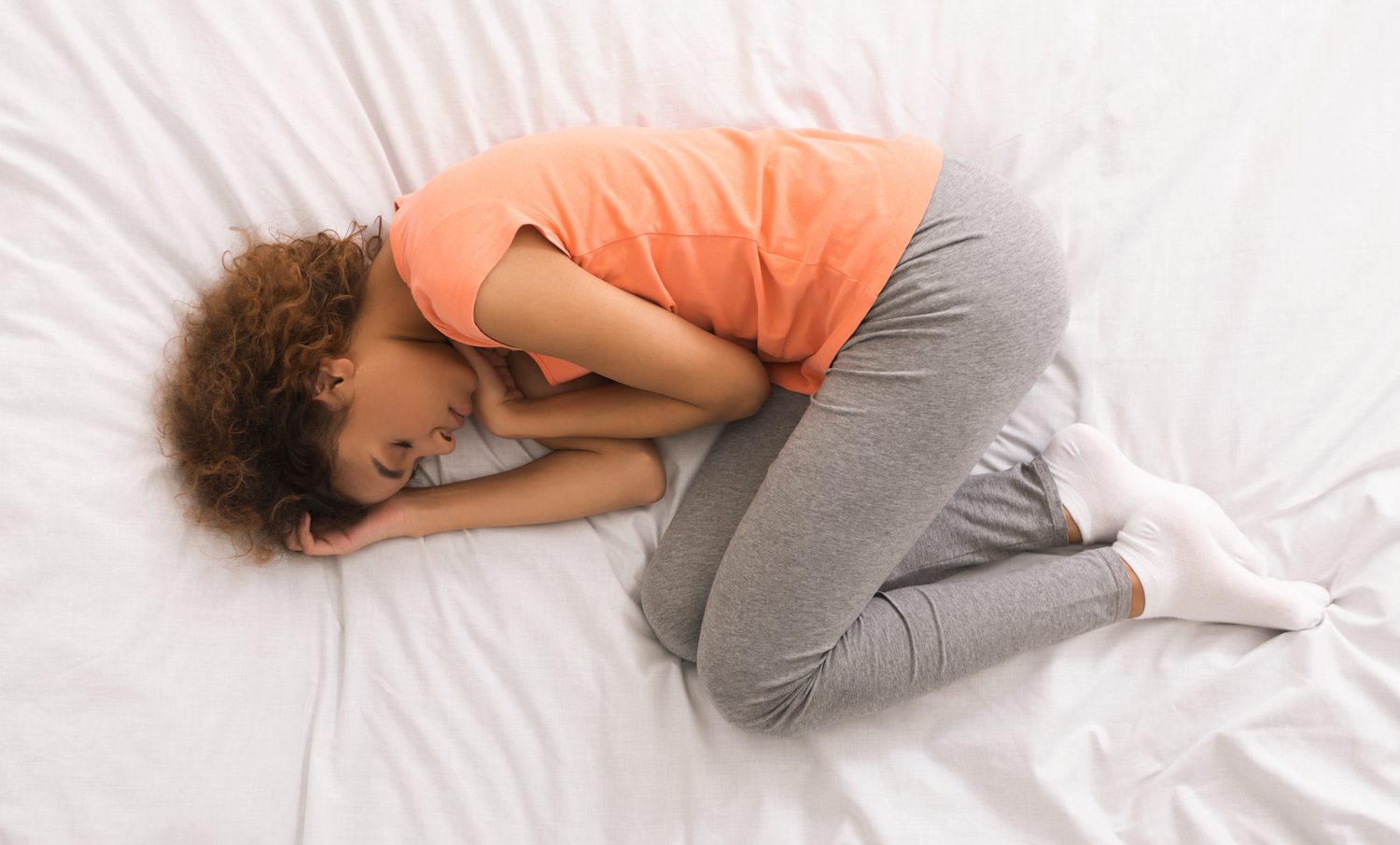
For people with herniated discs, the crouched position of the fetus can relieve pain when sleeping at night.
That is because lying on your side with your knees tucked into your chest can reduce spinal flexion and help open the joints.
4. Prone with a pillow under the stomach
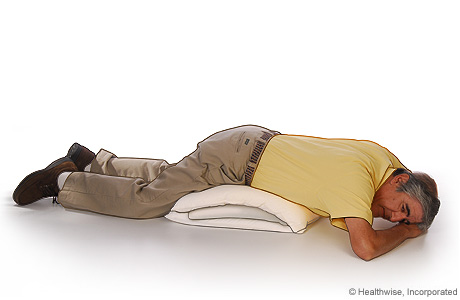
Lying on the stomach is usually considered the worst sleeping posture. However, placing a slim pillow under the abdomen and hips can help improve spinal alignment for those with difficulty sleeping in other positions. Sleeping on your stomach can also benefit people with herniated discs or degenerative disc disease.
5. Sleep on your stomach facing down
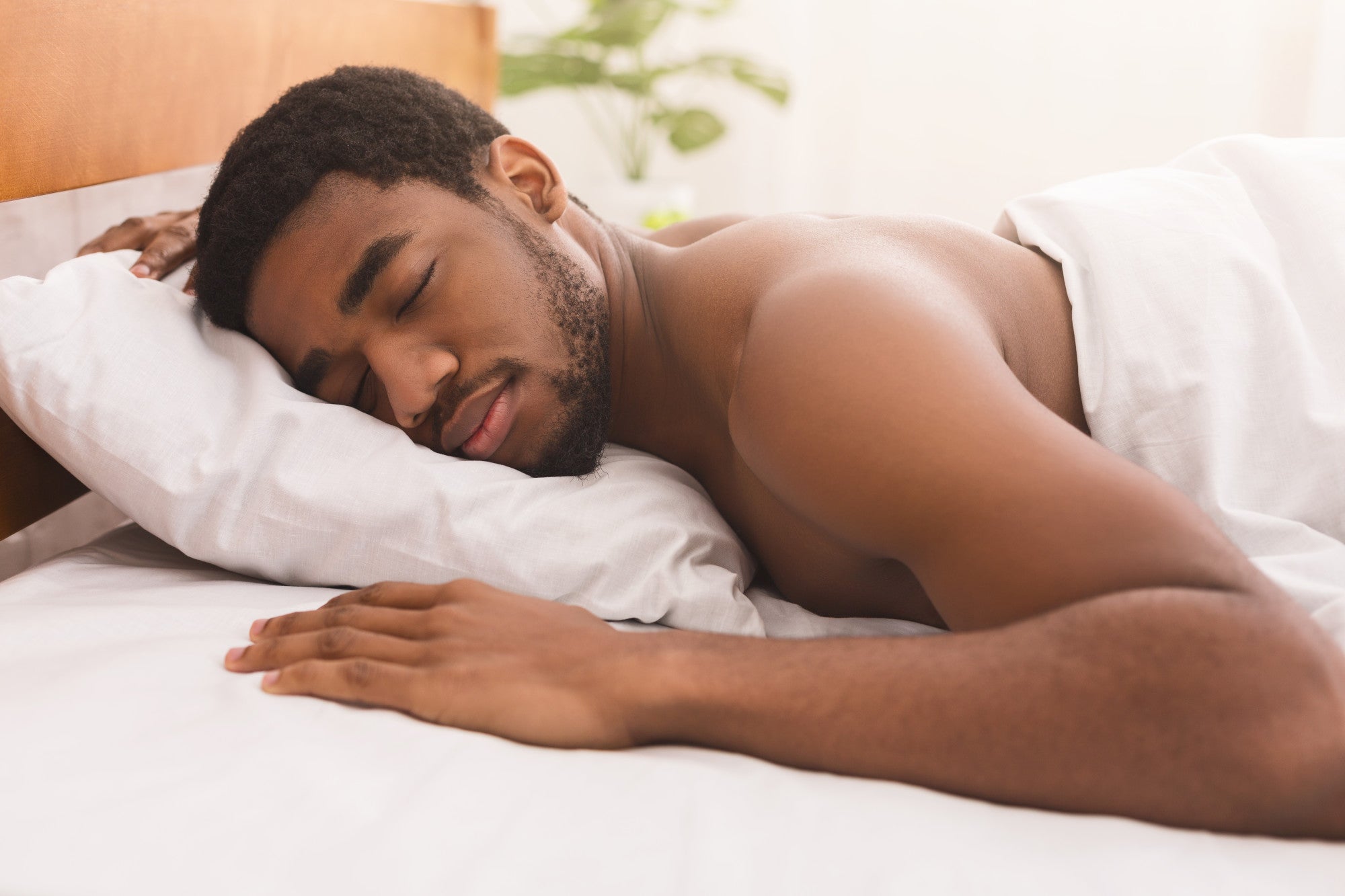
Another reason why sleeping on your stomach is also harmful is because your head usually turns to one side. This position can twist the spine and put additional pressure on the neck, shoulders, and back.
To avoid this, try lying on your stomach. Have a small firm pillow or tightly rolled towel used as a crutch to support your forehead, giving you room to breathe. It should do this in addition to placing a pillow under the stomach.
6. Mindful sleep
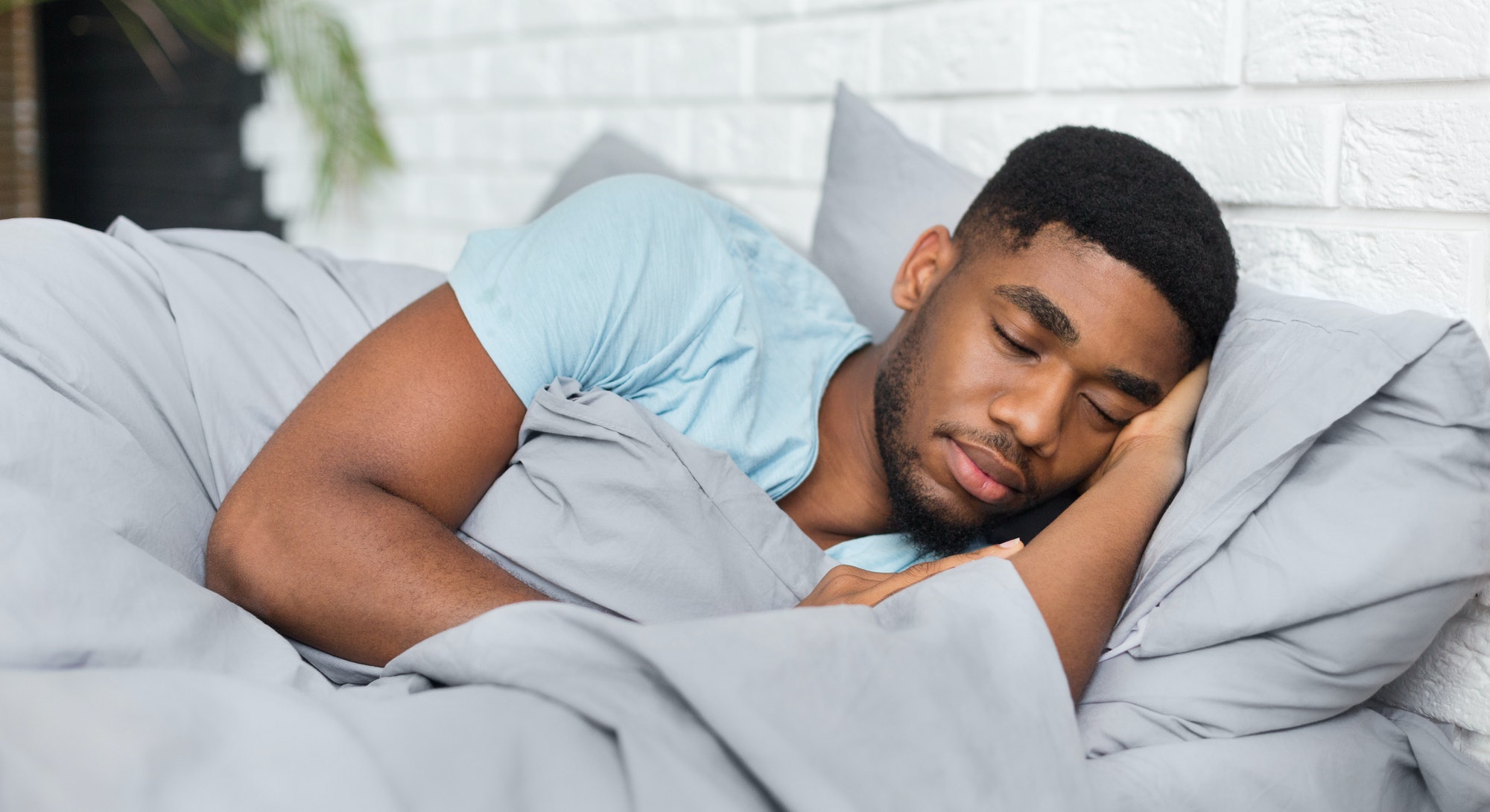
Sleeping in a reclined position can benefit low back pain, especially in people with isthmic spondylolisthesis.
It may be worth investing in an adjustable bed if you feel significantly more comfortable resting in a recliner.
Need to see a doctor?
Anyone who finds their back pain worse or worse, especially after a fall or injury, should consult a doctor. Consultation is also needed if you experience pain after rest or at night.
In addition to seeking advice on sleeping positions and specific pillow or mattress specifications, doctors can provide medical advice for other conditions when back pain is present.
Especially if any of the following conditions accompany the back pain:
- Chest pain.
- Numbness in the legs, buttocks, or groin area.
- Difficulty urinating.
- Loss of control of the bladder or bowels.
- Unexpected weight loss.
If back pain is causing long-term sleep deprivation, try asking your doctor about treatment options and lifestyle changes to improve symptoms and help get better rest.




